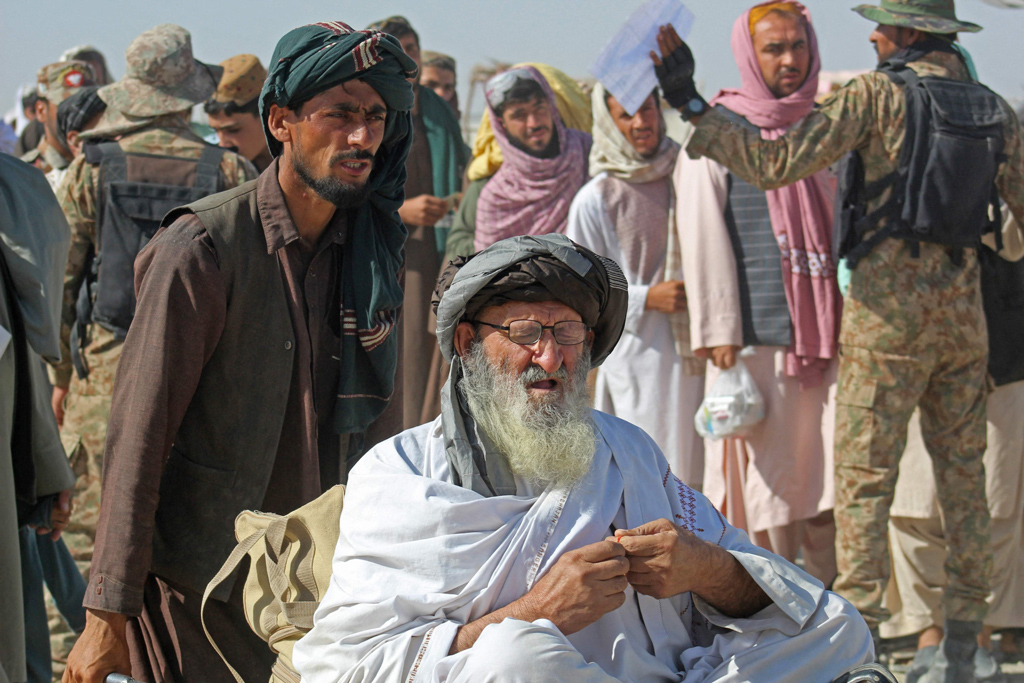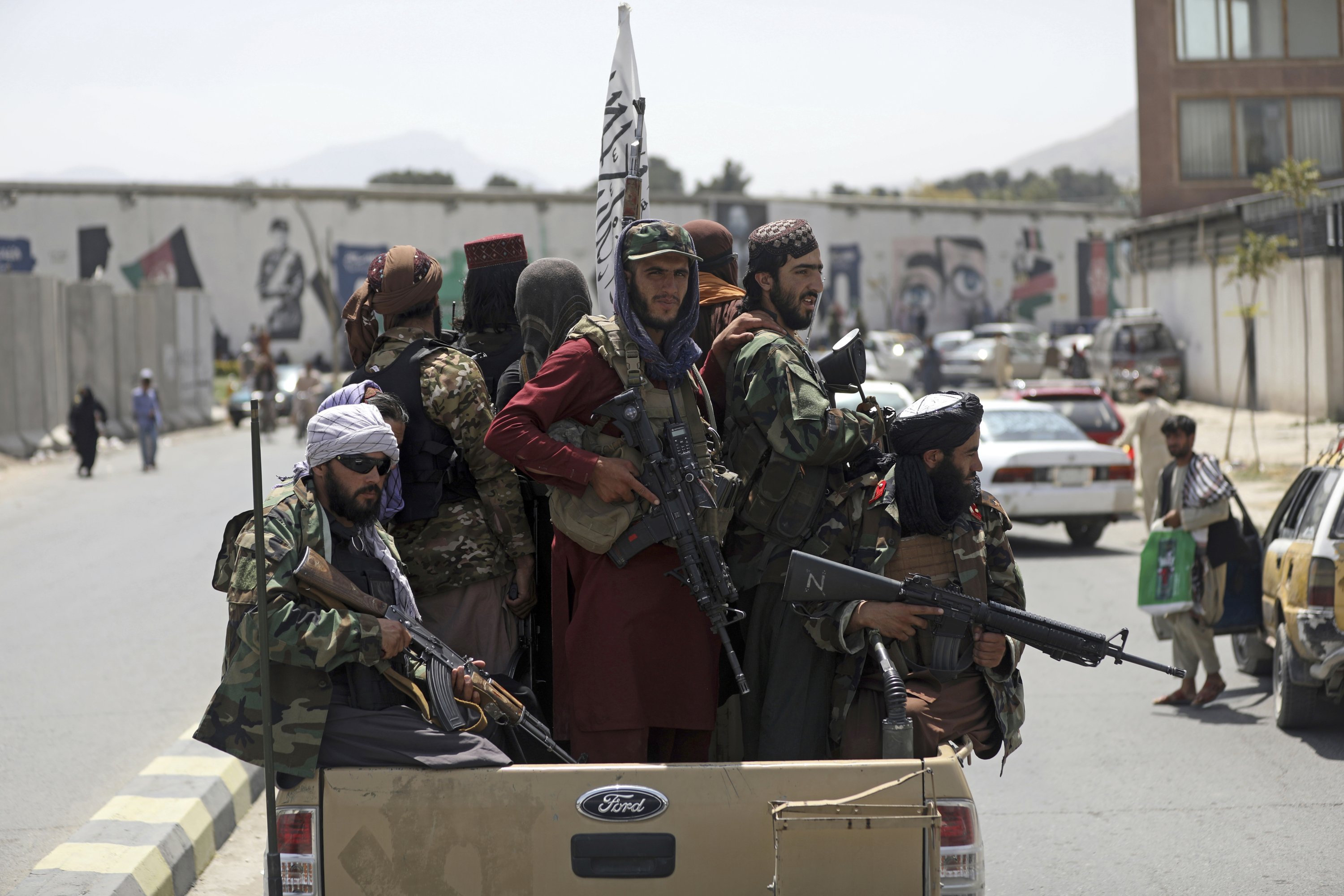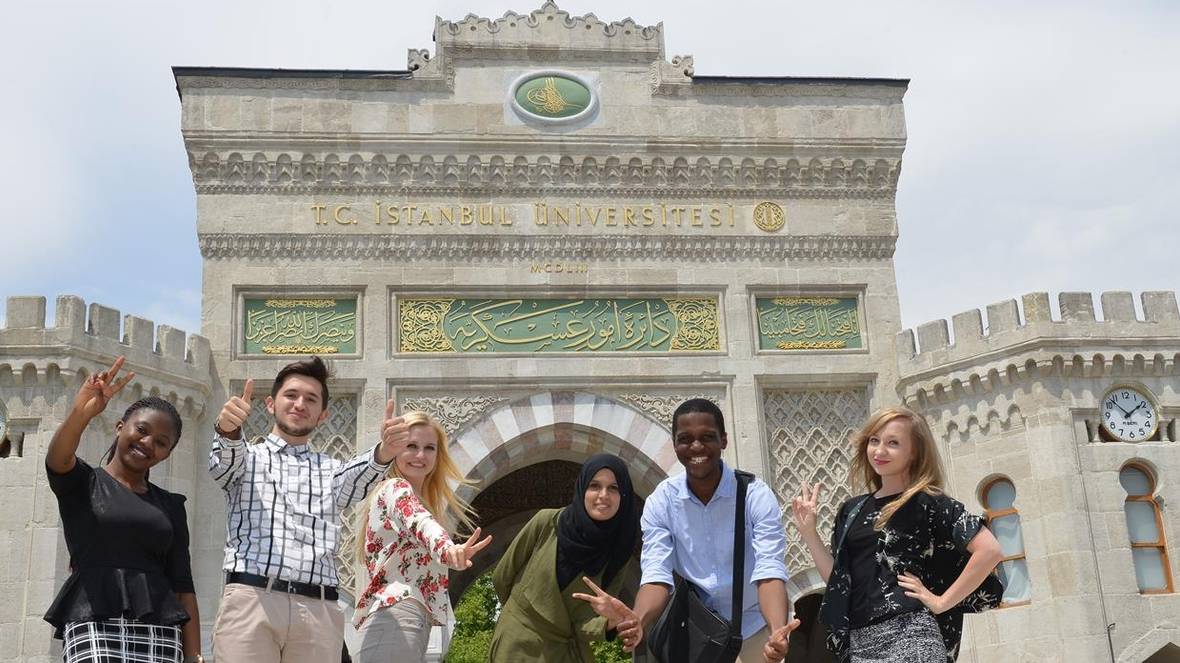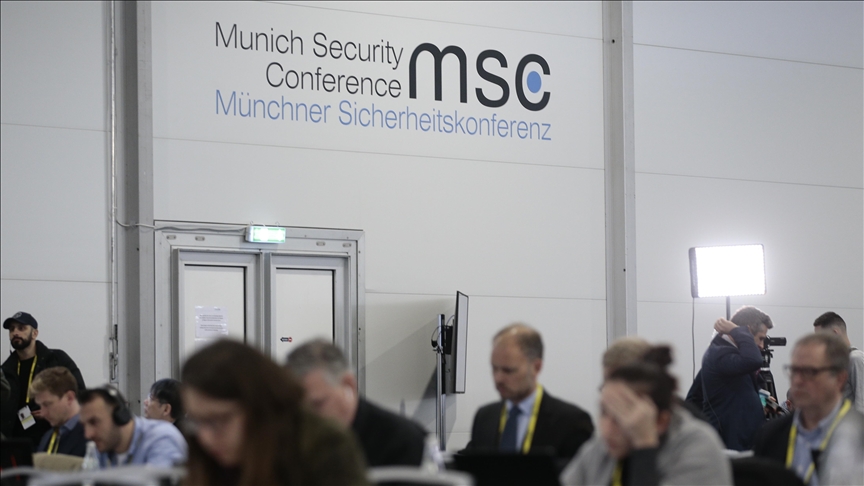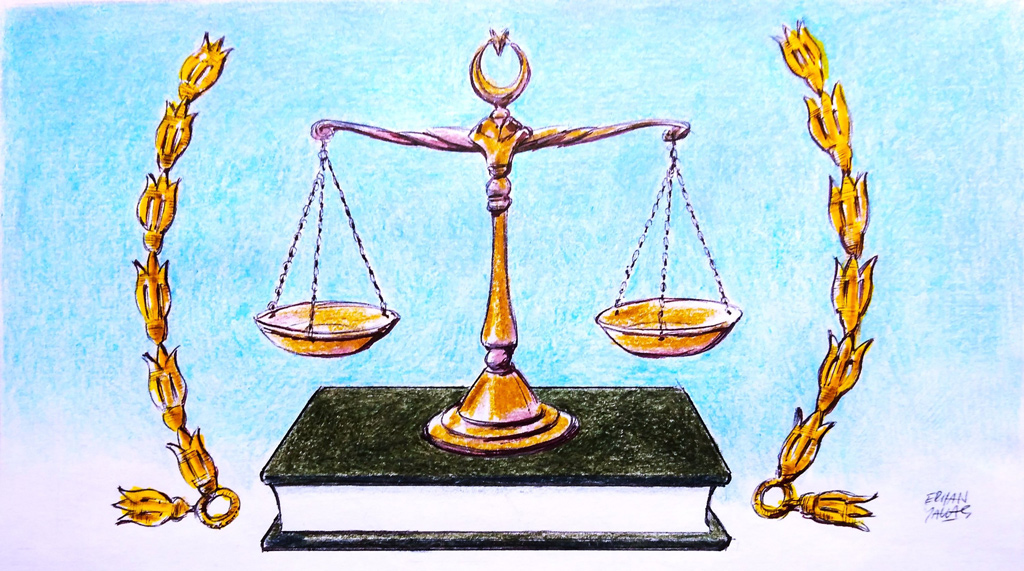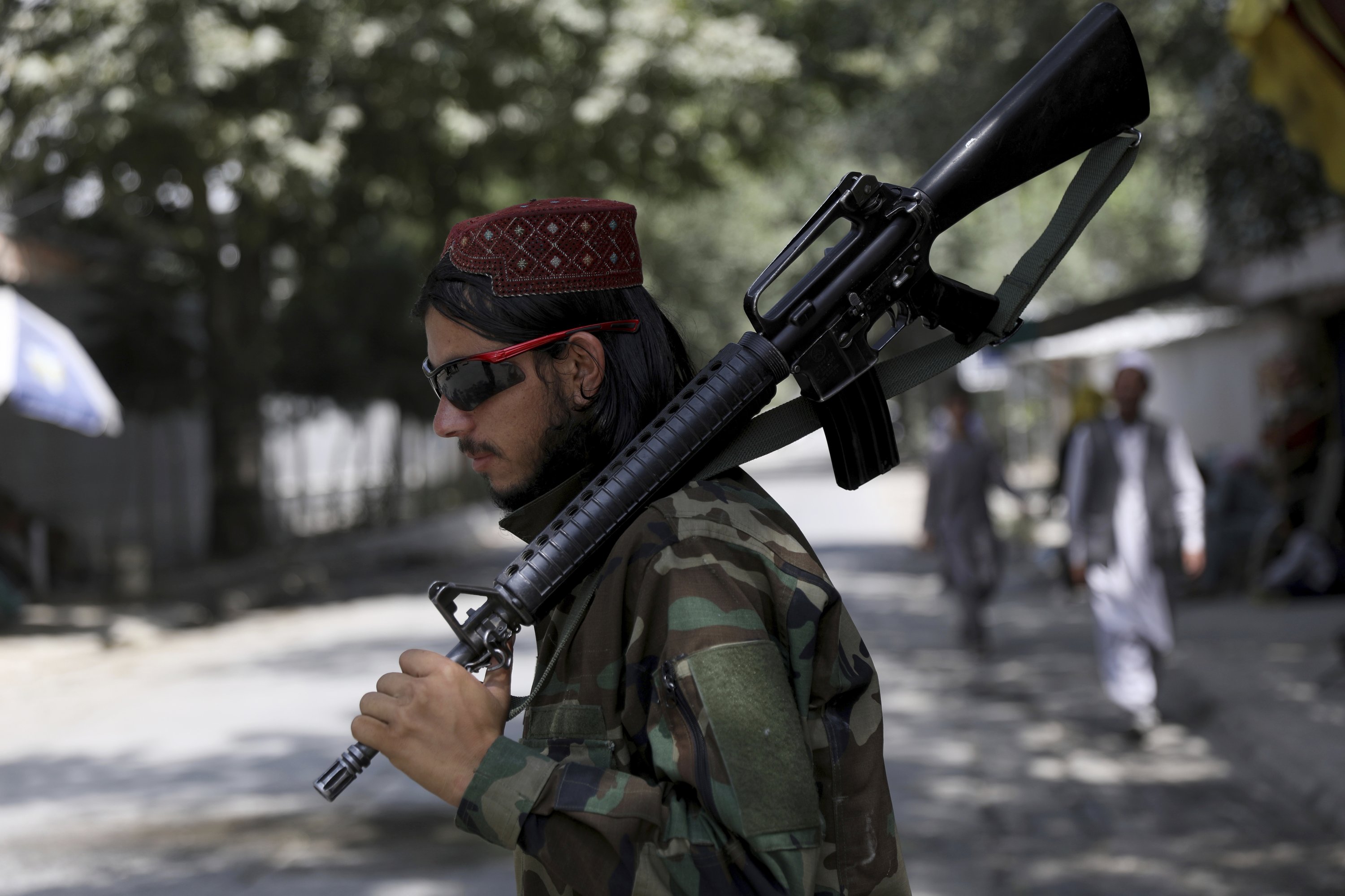
No ideological transformation
Again, another popular question is whether the Taliban will refrain from supporting terrorist organizations, as promised to the U.S., China and Russia. Although the movement strikes a conciliatory tone in politics, it remains highly unlikely to undergo an ideological transformation. There is talk of a transitional government, yet, judging by public statements by the Taliban’s spokesperson, the group will govern according to the wishes of their religious leaders and scholars.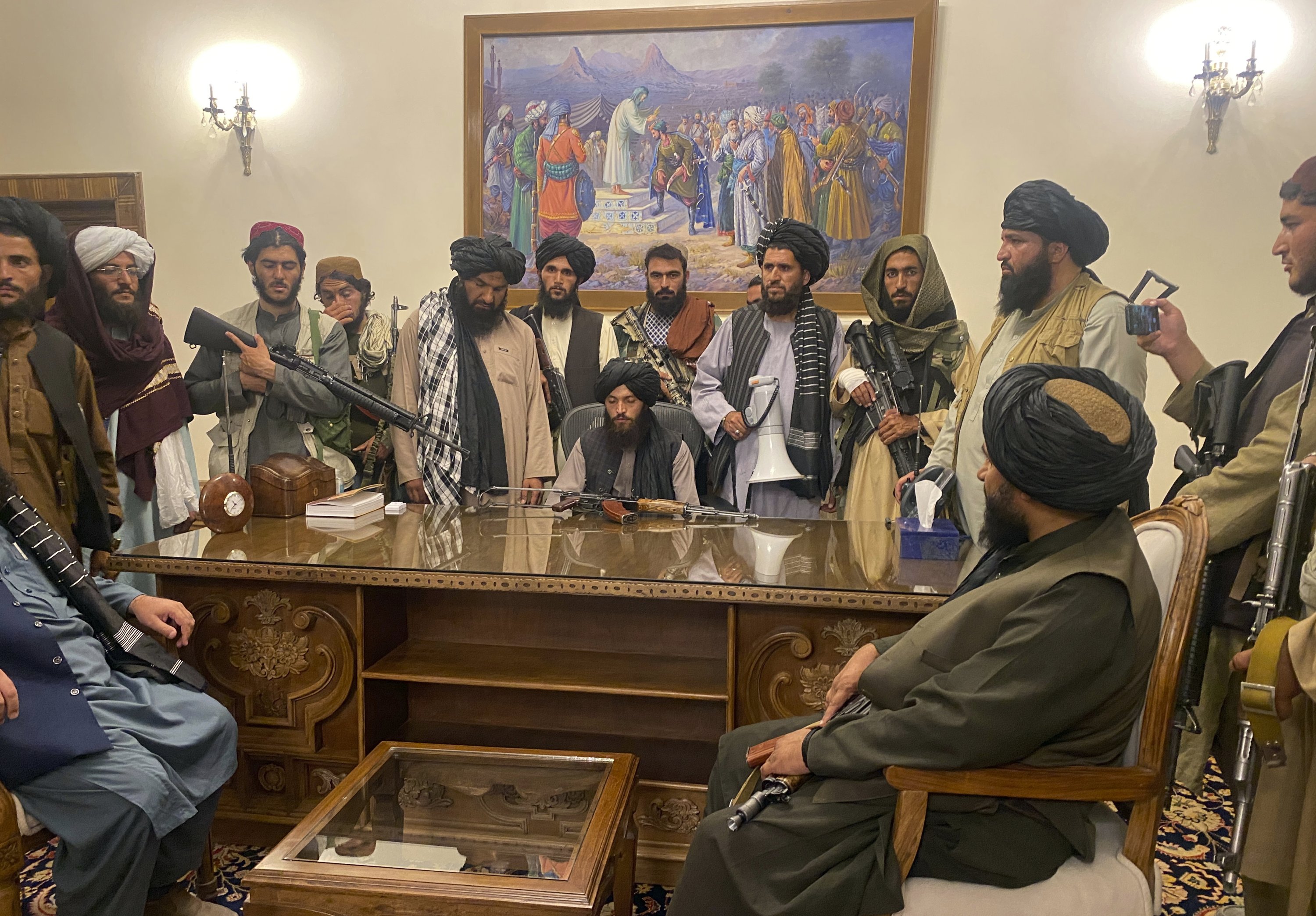
A breach of trust
There is an ongoing discussion on the U.S. retreat from Afghanistan – who essentially handed over the country to the Taliban – from many different angles. Some experts see that development as a breach of trust within the Western alliance. Others say that Washington’s reputation has been severely tarnished. Yet, other commentators express concern that the Taliban could once again harbor terrorist organizations such as al-Qaida. For the record, it is entirely possible for the Taliban to keep its promises to the U.S., Russia and China on that front. What really matters, however, is what the U.S. retreat represents in the eyes of anti-democratic hardliners in the region. Some movements believe democracy to be compatible with Islamic values and embrace it. Others oppose democracy, equating the caliphate with emirates or authoritarian republics. Since the Arab revolts, pro-democracy groups were removed from power, forced to fight civil wars in Syria and Libya, and severely oppressed in Tunisia – which propelled the rise of democracy’s opponents. At the same time, the West’s silence in the face of steps taken by status quo powers in the Gulf largely excluded all movements interested in integrating into the world from the political arena. It is obviously possible to claim that the elimination of Daesh, which proclaimed a caliphate without borders in Iraq and Syria, was part of a fight against radicals. Yet, that development, quite clearly, empowered radical groups such as the Hashd al-Shaabi and secular terrorist entities like the PKK-YPG. The U.S. withdrawal enabled the Taliban to claim victory against both Russia and the U.S. Moreover, that retreat delivered the possibly unintended message to radicals that violence, as opposed to elections, was the path to success. In other words, the West abandoned pro-democracy groups for the second time, thus contributing to the emergence of a geopolitical environment that radicals could easily exploit. In this regard, radicals rejoice at the Taliban’s victory, even though the movement does not form an "expansionist" government. At the same time, Iran’s conservative, pro-Shiite government could make fresh moves all across the region if the Biden administration proceeds to withdraw from Iraq. It goes without saying that concluding the nuclear deal, too, would give Tehran more room to spread its pro-Shiite ideology.[Daily Sabah, August 23 2021]

